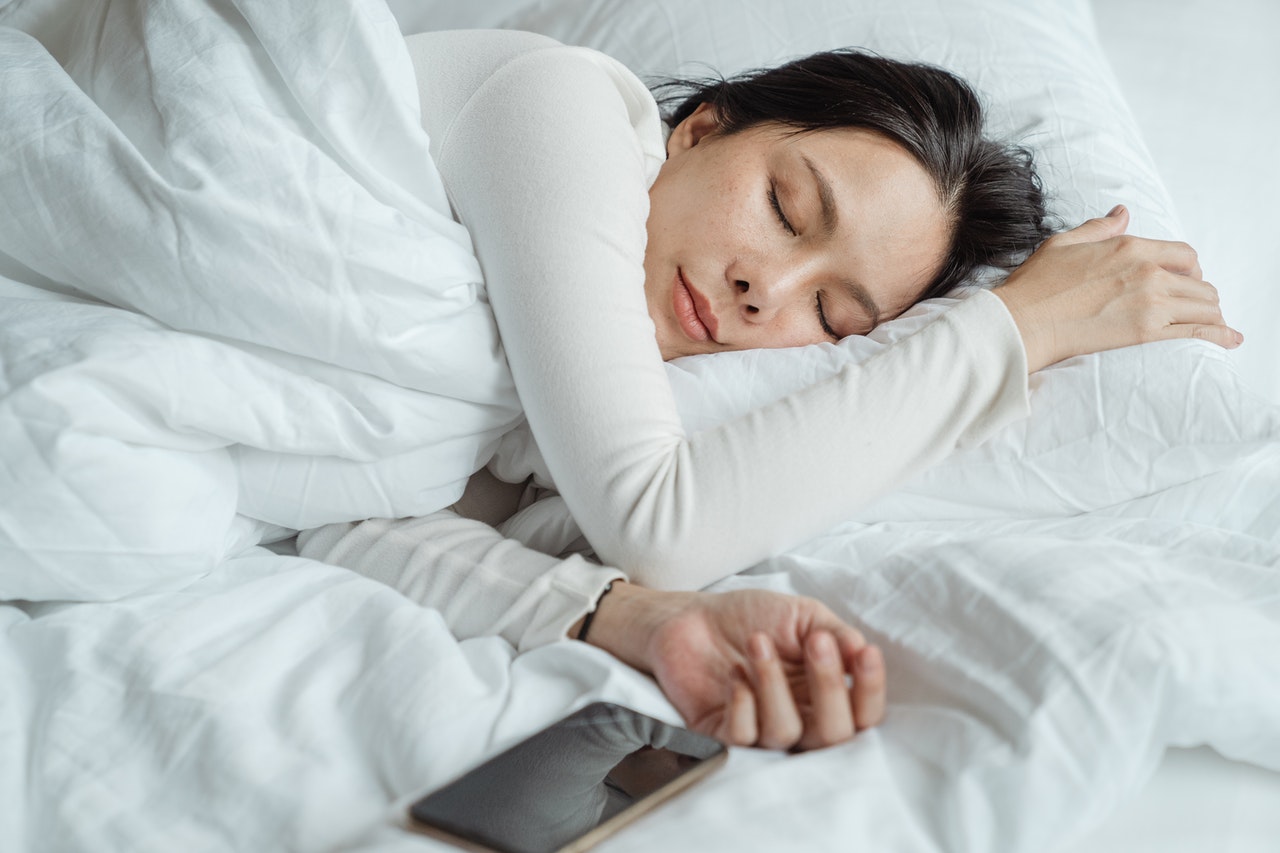
Sleep experts Emeritus Professor Leon Lack and Dr Gorica Micic provide analysis.
Considerable evidence shows that many people suffer tiredness and some distress the next week following the transition onto Daylight Saving Time which happens this Saturday night, October 1, 2023.
This transition produces some sleep problems in the week following the change, particularly for ‘owls’ or evening types. It requires shifting your body clock back earlier by an hour.

Most of us have body clocks that tick over a little bit more slowly than the 24-hour rotation of the earth that makes our 24-hour light dark cycle. That means most people, particularly evening types, tend to delay their bedtime and wake time, especially given the chance on weekends.
The effect of sleeping-in allows the body clock to delay by 10-20 minutes with each sleep-in. Come Sunday night and it becomes difficult with a delayed body clock to get to sleep early enough to get enough sleep by Monday wake-up time with a loss of sleep on Sunday night.
Our research has shown that this results in shorter sleeps on Sunday and Monday nights and more tiredness on Monday and Tuesday and may contribute to the typical Monday morning ‘blues’.

These DST issues can largely be avoided by following the 10 tips below:
- Most importantly, wake incrementally 15-20 minutes earlier on Thursday, Friday, and Saturday, to facilitate an easier 1-hour transition on Sunday morning.
- Definitely do not sleep in later than normal on this weekend!! Set the alarm to ensure earlier wake time (do not rely on waking naturally).
- Get out into the sunshine first thing each morning leading up to the transition and on Sunday and Monday morning after the transition. Light exposure after waking helps shift the body clock earlier. For example, take the dog for a walk outside, plan to meet up with friends for breakfast al fresco. Try not to wear sunglasses for the first 2-3 hours in the sun.
- Go to bed a bit earlier in the nights leading up to the transition. (Thursday, Friday, Saturday). Aim to go to bed almost an hour earlier than normal on Saturday night. Avoid intense light exposure for the 2-3 hours before bed. Keep the lights low.
- An early morning tea or coffee can help with the motivation for getting into the sunshine early. There is also some evidence it may help shift the body clock earlier as does morning light. Avoid caffeine after noon on those days.
- Avoid caffeine in the second half of the day
- Maintain adequate sleep and a good sleep schedule in the days leading up to the transition, i.e., go to bed when feeling sleepy, do not procrastinate bedtime or stay out late. As we’re more likely to have short-changed sleep on the Saturday-Sunday night, we will be better equipped to cope on one inadequate night of sleep if we’ve had sufficient sleep in the lead up.
- Avoid exercise before bed.
- Take precautions in the case of shortened sleep on Sat-Sunday by not overloading your schedule on Sunday or Monday, e.g., schedule important and early events for later in the week, avoid long or dangerous drives, and take note of increased feelings of sleepiness.
- Take a short 10-minute nap at around lunchtime if feeling sleepy following the transition.

